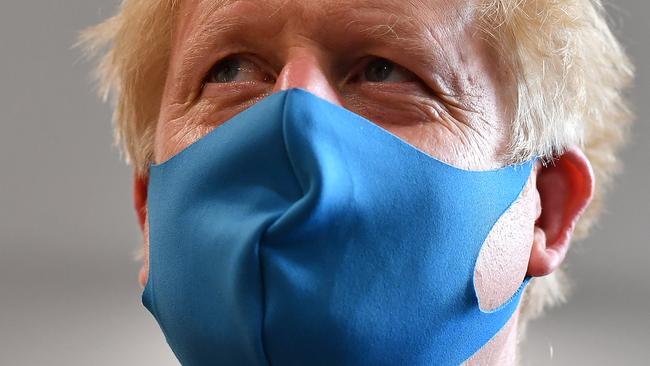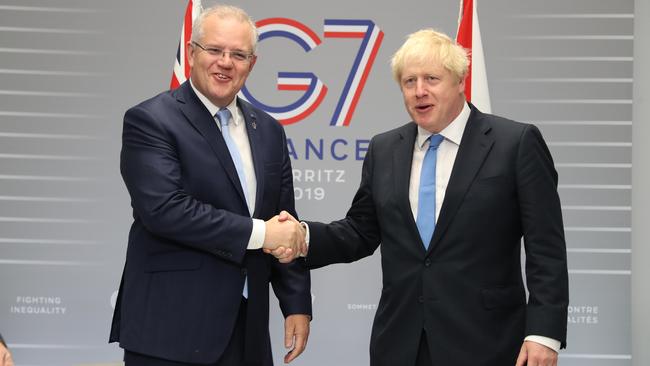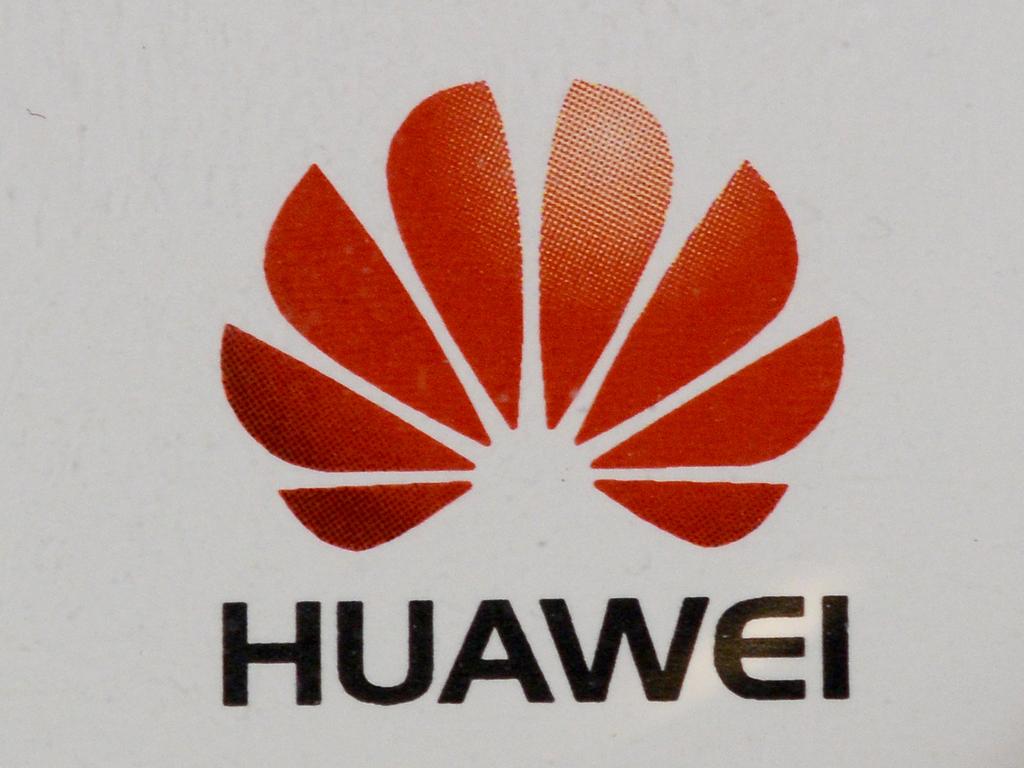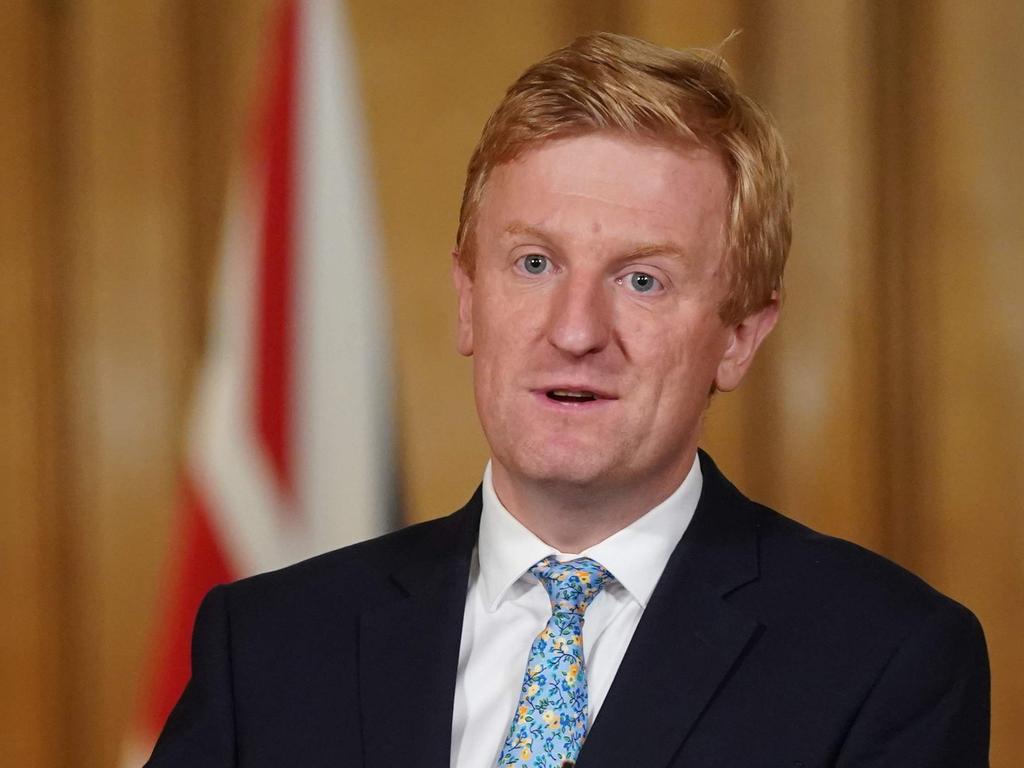
It will certainly herald much worse relations between London and Beijing, and Beijing will in part blame Canberra.
It is a victory for Donald Trump’s administration, although it was typically graceless and counter-productive of him to claim credit for London’s decision. In matters of style and manners, however, the US President is seldom gracious with his allies.
There is a certain messiness about the British decision which reflects the titanic internal struggles within the Whitehall bureaucracy, and the Conservative Party itself, over the issue.
Huawei equipment can still be installed for the rest of this year and then will only be gradually phased out by 2027.
When Britain first allowed Huawei into the equivalent of its NBN this was an internally contested matter.
British intelligence agencies, though extremely uneasy about Huawei’s presence, thought there were sufficient security guarantees.
Although Canberra has not made a public statement critical of the British, Australian agencies thought the Brits made a big mistake. More than a few senior Brits invested in the decision were edgy, if not downright cross, about the influence Australians grew to have on the British debate.
Of course the direct lobbying by the Trump administration was more important.
Huawei is theoretically a private company. Its ownership structure is obscure and eccentric but it is notionally owned by its workforce. However, all Chinese companies are required by law to co-operate with the government in Beijing on intelligence matters.

There are two concerns about Chinese companies in this context. First, backdoors could be inserted into hardware which would allow spying or eavesdropping. Second, there could be hidden vulnerabilities which could allow a cyber attack to render infrastructure inoperable.
The previous messy British compromise, announced only in January, allowed Huawei to provide up to 35 per cent of non-core elements of the 5G network.
5G networks are particularly vulnerable because they embody the internet of things, with machinery and devices talking to each other. They are decentralised and highly networked. It is difficult to distinguish, much less protect, core elements from non-core.
There was a huge backlash against having Huawei in Britain’s 5G among the Conservative backbench. Even the British Labour Party is now urging the Conservatives to be tougher with Beijing.
Beijing’s aggressive behaviour over the past couple of years, its early performance in not being transparent over the origins and severity of the COVID-19 outbreak in Wuhan, and most recently its authoritarian performance in Hong Kong, have soured British opinion on China.
This has overcome the dependence of British universities on Chinese money and all the other pro-Beijing interests which the Chinese created in Britain.
Beijing believes that Canberra’s early decisions on Huawei had an out-size effect on British thinking and will influence other US allies.
This is just another matter Beijing will be furious with Canberra about.








Boris Johnson’s decision to exclude the Chinese telco giant Huawei from Britain’s 5G network is a major strategic setback for Beijing that will have significant implications for Australia.